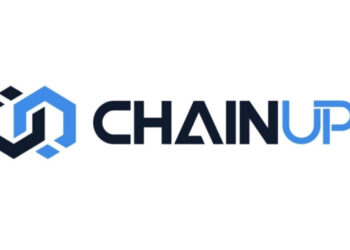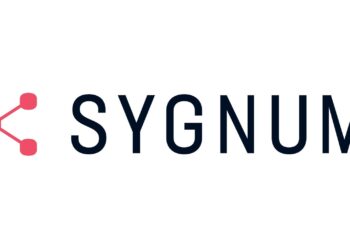Last updated on November 17th, 2022 at 12:55 pm
The Reserve Bank of Australia (RBA) recently published a report on the research on its wholesale Central Bank Digital Currencies (CBDC) project. The report stated the benefits that the project which is based on Distributed Ledger (DLT) technology will offer its users and the banking sector. With the publishing of the results, the Project Atom– a project to research on CBDC and its results- has come to an end. The project was done by RBA, National Australia Bank (NAB), Commonwealth Bank of Australia (CBA), King & Wooden trunks, and Perpetual and ConsenSys.
The wholesale CBDC is different from the retail CBDC which is used by the public. On the other hand, the Wholesale CBDC is meant to settle transactions between financial institutions.
Michele Bullock, the Deputy Governor of RBA (Financial System) stated that it “demonstrated the potential of a wholesale CBDC and asset tokenization to improve efficiency, risk management and innovation in wholesale transactions in financial markets.”
She also added that :
“The project also demonstrated the benefits of collaboration in advancing our knowledge in this area. The Bank will continue its research on CBDCs as part of its strategic focus area on supporting the evolution of payments.”
The Australian government is interested in the crypto space, and it is supporting several crypto reform proposals and analyzing the rest.
The testing stage of Project Atom was done using the Ethereum-based Distributed Ledger Technology (DLT) platform. Results show that backing a wholesale CBDC with DLT technology improves efficiency, as well as clamping down on operational risk. The report highlighted some issues that surrounded the throughput and confidentiality of the technology.
Some issues that the RBA highlighted, however, were around the “confidentiality, purpose, throughput and efficiency of transactions” of using CBDC and DLT, especially when it comes to blockchains that are not designed. for wholesale purposes.
Sophie Gilder, CBA’s head of blockchain and digital assets, spoke to the Australian Financial Review stating that,
“I see it as an ‘operational alpha’: greater efficiency and greater transparency, which means you don’t have to separate audit and report on activities, and you can have better AML [Anti Money Laundering] procedures because you have real-time control. It would be good for the economy and allow regulators to do their job more easily, while programmability would be a giant leap and very beneficial.”





















